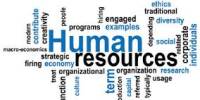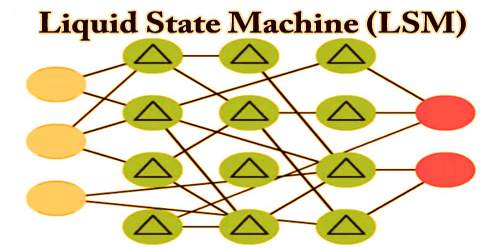The HRM function is now seen as a critical and crucial component of the organizational support functions. In particular, we have analyzed how effective people management goes a long way in ensuring better economic performance. Among the components of people, management that the HRM function does is the aspect related to leadership development. Research into the HRM practices of successful companies has shown that these companies significantly outperform their peers in terms of economic profitability by following the leadership development practices discussed in this article.
The leadership development programs in these companies follow the philosophy of grounding them in value, the expected contributions from the leaders are defined, and the organizational culture geared towards inspiring leaders. Next, the performance management system in these companies is tied to the company’s business strategy and it includes talent development activities and leadership objectives that are articulated clearly and succinctly. In other words, promotions are based on individual performance as well as people development activities and these in turn are linked to the business strategy and objectives. These companies also have a leadership pipeline, which means that the leadership development is embedded in their strategic workforce planning which is comprehensive, and longer term oriented. These companies also ensure that they divide their workforce into job families and the potential leaders are identified and groomed for higher roles and responsibilities. In many of these companies, it is common to find lists of potential leaders known as high potentials who are earmarked for fast track career progression based on the organizational assessment of the skills and capabilities of these leaders.
The HRM function or the leaders alone. Instead, the potential leaders are identified and then their performance is linked to the enabling and empowerment of others to move up the chain. In other words, the ability to spot talent and identify leaders for the future is done by both the HRM function and the senior management who work in tandem in this effort. Research into these successful companies has shown that the people management in these companies is world class and the contributing factor that differentiates these companies from others is that the HRM function plays a critical role throughout the employee lifecycle and not at the recruitment and training phase alone.
















